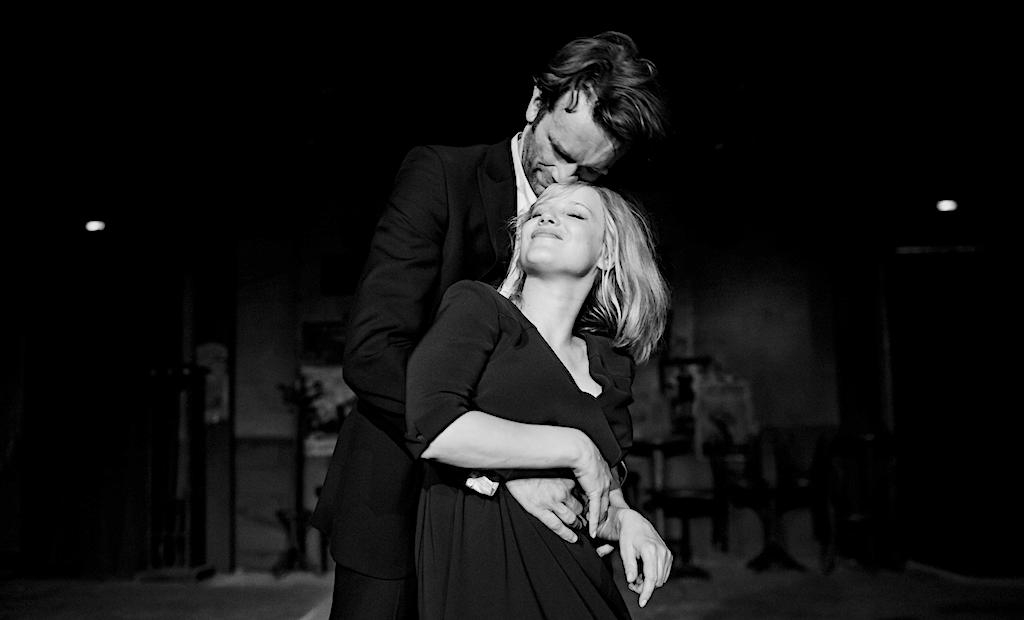Cold War (Zimna Wojna)

This is an elegant, elliptical study of love and an earnest, if unintentional satire of historical metaphor. Pawel Pawlikowski takes the tired, wearisome trope of the older man and younger girl across a monochrome European vista, straddling the first decades of the cold war. Brief, succulent and slightly incurious, Cold War demands attention to its compositions, to clipped moments both spoken and unspoken.
A lanky, apparently temperate, bourgeois composer falls for one of the new choir intake, an industrious, tough-minded girl with a full fringe and opaque intentions. Far from the best singer, Zula (the excellent Joanna Kulig) is instead perceived through the timeworn male gaze. In the eyes of Wiktor (Tomasz Kot), she has an unquantifiable essence, an impenetrable beauty.
From the late 1940s through to the early 1960s, from Poland to Berlin, Yugoslavia to Paris, their relationship deviates and deteriorates, recovers and implodes. The motives for their embedded, indelible desire are left unexplained. We take what we’re given – sumptuous framing, enigmatic encounters – and fill in the omissions. Edited to within an inch of its life, the film acts as a courtesy to impression and interpretation.
Scenes have musical prefaces – vocals, trumpets, pianos – and cut to black. We jump haphazardly through the years, a dissonance that slices through the harmony. Zula ages noticeably, while Wiktor holds a permanent grizzled pallor. The obsequious Kaczmarek (Boris Szyc), a Soviet goon and spy, reappears to cajole and disrupt the fractious couple.
Historical interventions are frequent, throwing the pair off course, urging schisms at every turn. But their volatilities are personal and deeply felt. They escape the blanket of political repression, regarded as window dressing to their fated bond. In one moment Wiktor’s lover argues the meaning of her lyric – “time is a pendulum” – is found in metaphor. Zula rightly rebukes the woman’s pomposity. Her love for Wiktor is literal, pristine, inartistic.
Much as in Ida, Pawlikowski delivers austerity, visual clarity and narrative ambiguity. Cold War may be a political film, a blatant extended metaphor, or a riposte to growing authoritarianism in Poland; but these assessments reduce the weight of the central love story, one half offered and partly hidden.
Joseph Owen
Cold War (Zimna Wojna) does not have a UK release date yet.
Read more reviews from our Cannes Film Festival 2018 coverage here.
For further information about the event visit the Cannes Film Festival website here.
Watch a clip from Cold War (Zimna Wojna) here:

























Facebook
Twitter
Instagram
YouTube
RSS